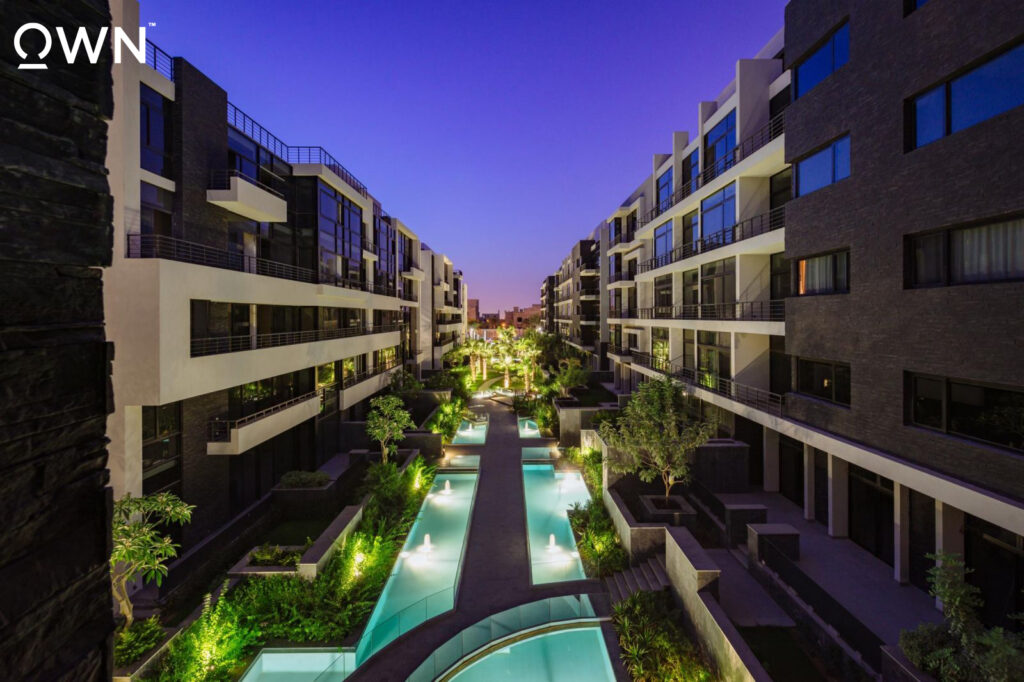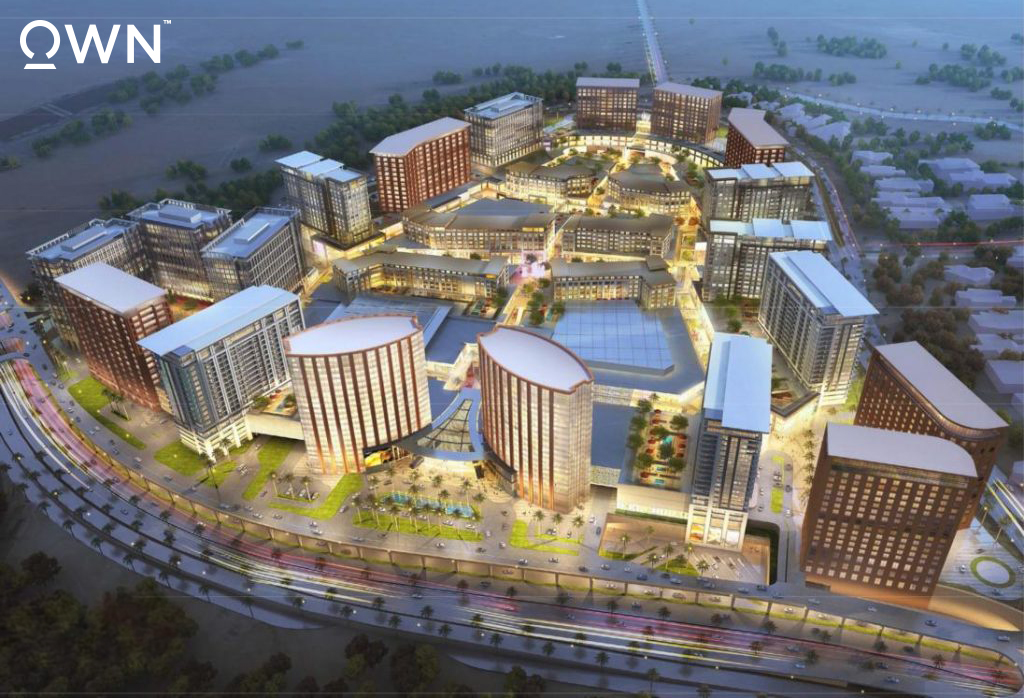Energy-Efficient Home Upgrades
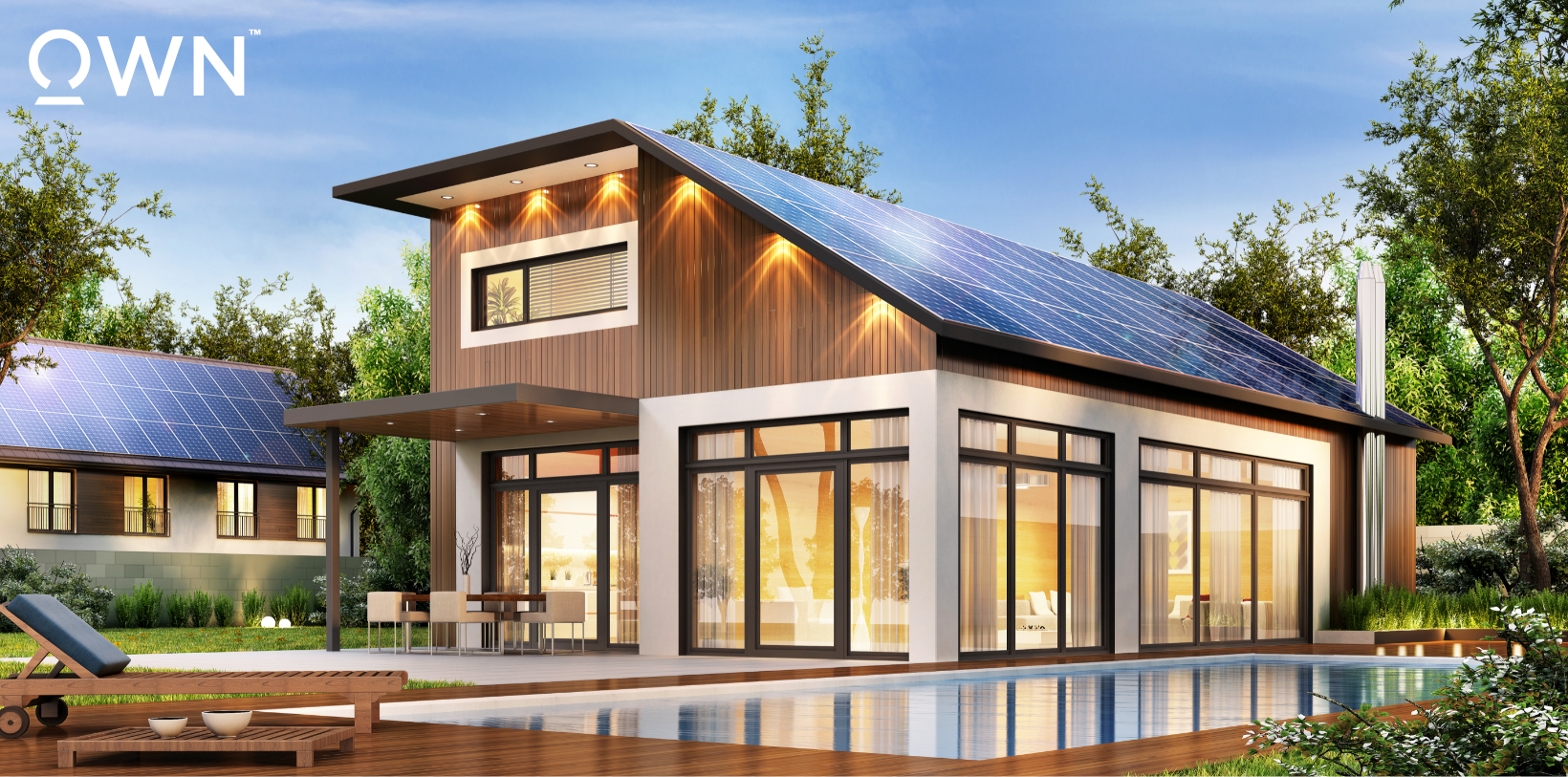
Energy-Efficient Upgrades for Your Home
Are you tired of high energy bills and want to reduce your carbon footprint? Energy-Efficient Home Upgrades for your home can be the answer you’re looking for. In this comprehensive guide, we’ll explore various ways to make your home more energy-efficient, from small changes to significant upgrades. By implementing these improvements, you’ll not only save money but also contribute to a greener, more sustainable future.
Introduction
In today’s world, where energy conservation is vital, making your home more energy-efficient is a responsible choice. It’s not just about reducing your monthly bills but also about reducing your environmental impact. In this article, we will walk you through various Energy-Efficient Home Upgrades that you can consider for your home.
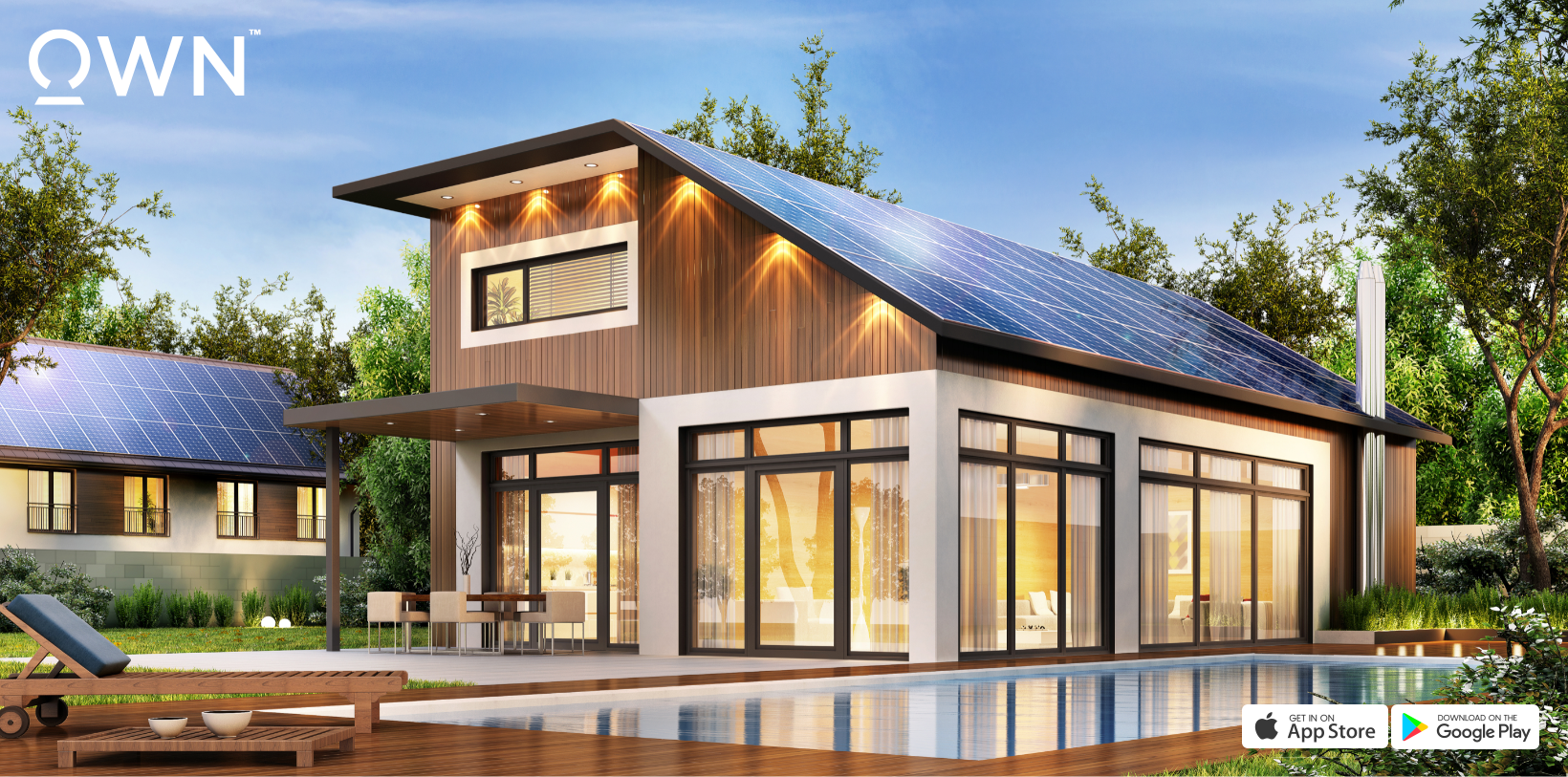
Upgrading Your Insulation
Proper insulation is the foundation of an energy-efficient home. A well-insulated home keeps the indoor temperature stable, reducing the need for constant heating and cooling.
Investing in High-Quality Insulation:
Quality insulation in your walls and attic can significantly reduce heat loss during the winter and keep your home cool in the summer.
Sealing Gaps and Cracks:
Preventing drafts by sealing gaps and cracks in your home will help maintain a consistent temperature.
Energy-Efficient Windows and Doors
Old or poorly sealed windows and doors can lead to energy waste. Upgrading to energy-efficient alternatives can make a big difference.
Double-Glazed Windows:
Double-glazed windows provide better insulation, reducing heat transfer and noise.
Weatherstripping and Caulking:
Applying weatherstripping and caulking around doors and windows prevents air leaks.
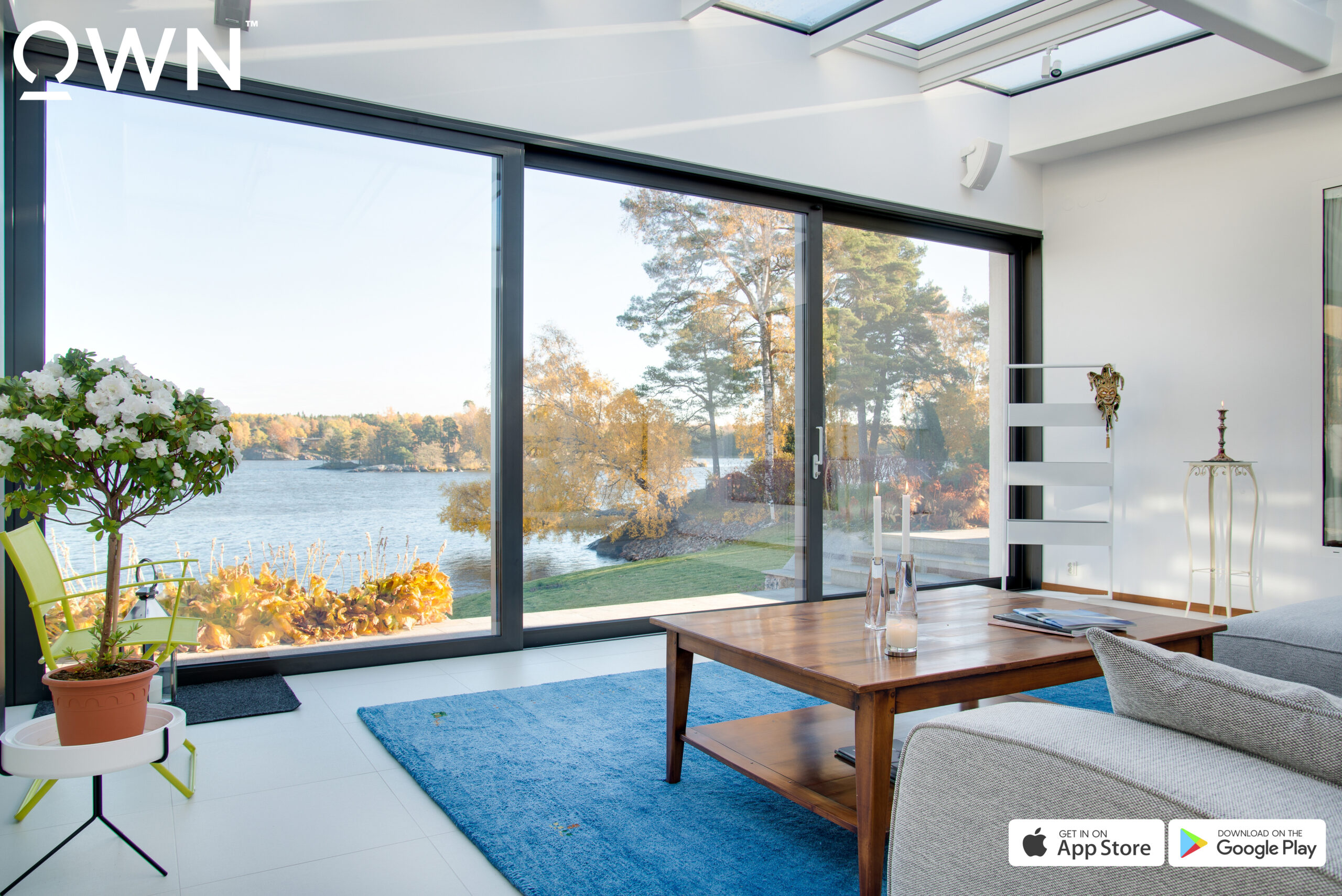
Energy-Efficient Lighting
Lighting can account for a significant portion of your energy usage. Switching to energy-efficient lighting options can lead to substantial savings.
LED Bulbs:
LED bulbs are not only energy-efficient but also have a longer lifespan than traditional incandescent bulbs.
Smart Lighting Systems:
Invest in smart lighting systems that allow you to control the intensity and schedule of your lights, saving energy when not needed.
Heating and Cooling Upgrades
Heating and cooling systems are major energy consumers. Upgrading them can lead to substantial savings.
Programmable Thermostats:
A programmable thermostat allows you to set specific temperatures at different times, optimizing your heating and cooling.
Energy-Efficient HVAC Systems:
Upgrading to energy-efficient heating, ventilation, and air conditioning (HVAC) systems can significantly reduce your energy consumption.
Solar Panels and Renewable Energy
Embracing renewable energy sources can make your home more sustainable and save you money in the long run.
Solar Panels:
Installing solar panels on your roof can generate your electricity and reduce your reliance on the grid.
Wind Turbines:
If you have the space and the right conditions, wind turbines can also provide renewable energy.
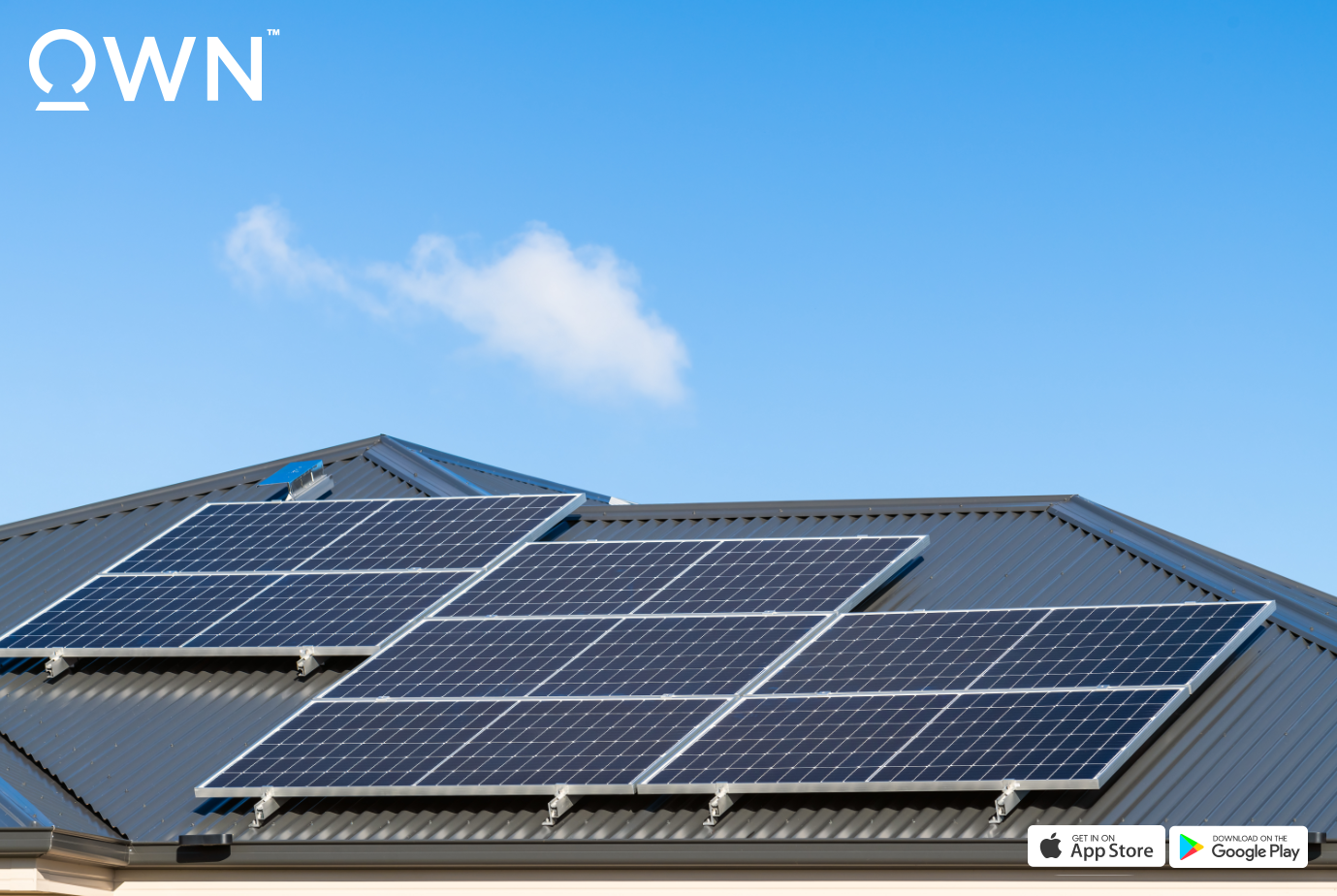
Energy-Efficient Appliances
Replacing old appliances with energy-efficient models can lead to considerable energy savings.
Energy Star Rated Appliances:
Look for appliances with the Energy Star label, which indicates high energy efficiency.
Proper Maintenance:
Regular maintenance of your appliances ensures they operate at peak efficiency.
Water-Saving Upgrades
Reducing water consumption not only saves water but also the energy used to heat it.
Low-Flow Fixtures:
Install low-flow showerheads and faucets to reduce water wastage.
Energy-Efficient Water Heaters:
Tankless water heaters provide hot water on demand, reducing energy consumption.
Energy-Efficient Landscaping
Your outdoor space can also contribute to energy efficiency.
Plant Shade Trees:
Strategically planted shade trees can reduce your cooling costs in the summer.
Xeriscaping:
Xeriscaping involves using native, drought-resistant plants, reducing the need for watering.
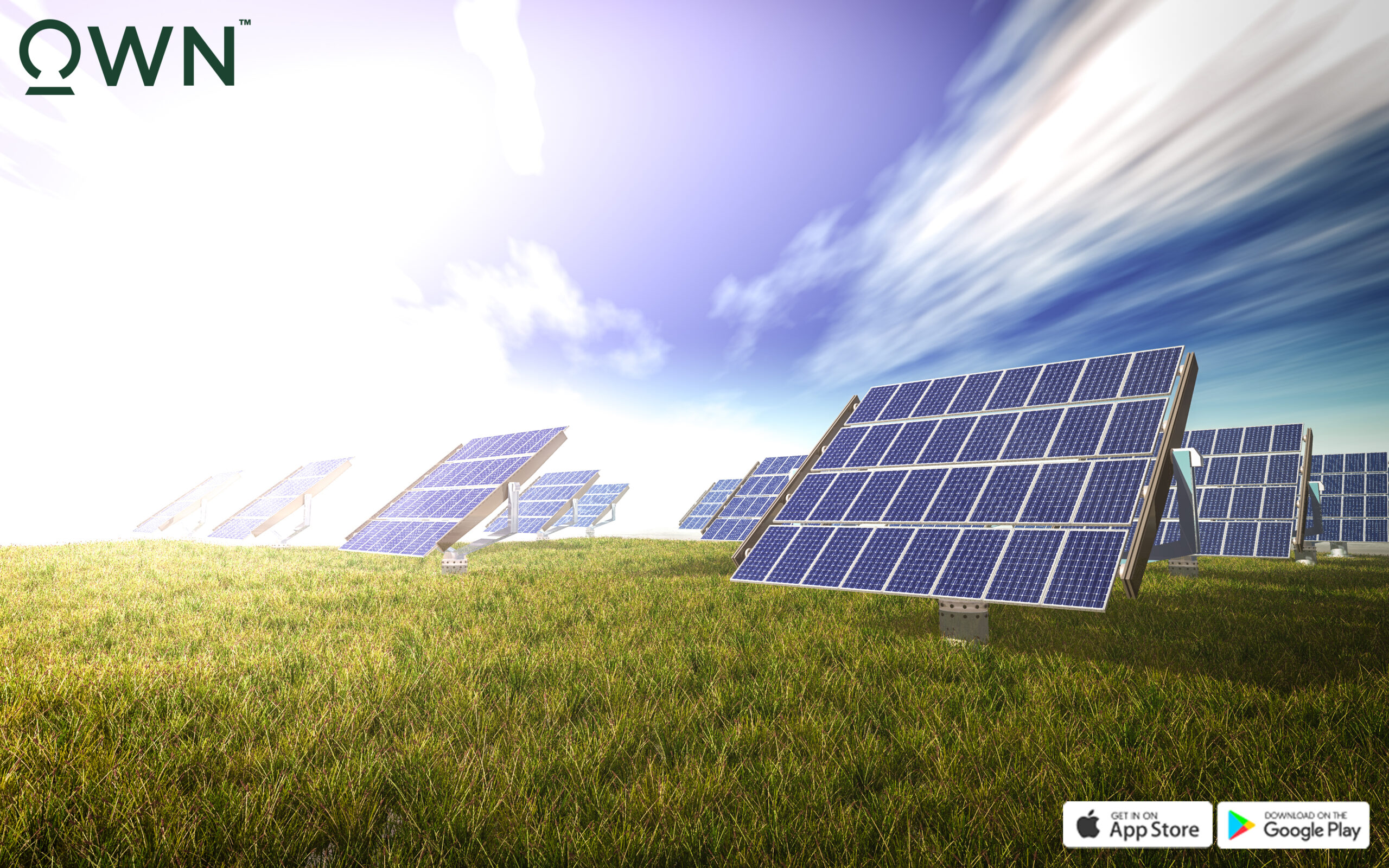
FAQs
What are the benefits of energy-efficient upgrades for my home?
Energy-efficient upgrades save you money on energy bills, reduce your environmental impact, and create a more comfortable living environment
How much can I save by making these upgrades?
Savings depend on your current energy use and the upgrades you choose, but it can be substantial, often paying for themselves over time.
Is it expensive to make these upgrades?
Initial costs can vary, but many energy-efficient upgrades are eligible for tax incentives or rebates, reducing your expenses.
Can I install solar panels on any type of roof?
Solar panels can be installed on most roof types, but a professional assessment is necessary to determine suitability.
Do energy-efficient upgrades increase my home’s value?
Yes, energy-efficient homes are attractive to buyers and can increase your property’s value.
Are there any DIY energy-efficient upgrades I can do myself?
Yes, sealing gaps, replacing light bulbs, and installing weatherstripping are some DIY-friendly upgrades.
Conclusion
Energy-efficient upgrades for your home are a wise investment. Not only do they save you money, but they also contribute to a greener and more sustainable planet. Start with small changes, like switching to LED bulbs and sealing gaps, and work your way up to more significant upgrades like solar panels and energy-efficient HVAC systems. With the right investments, you’ll enjoy a more comfortable home while reducing your energy bills and environmental impact.
